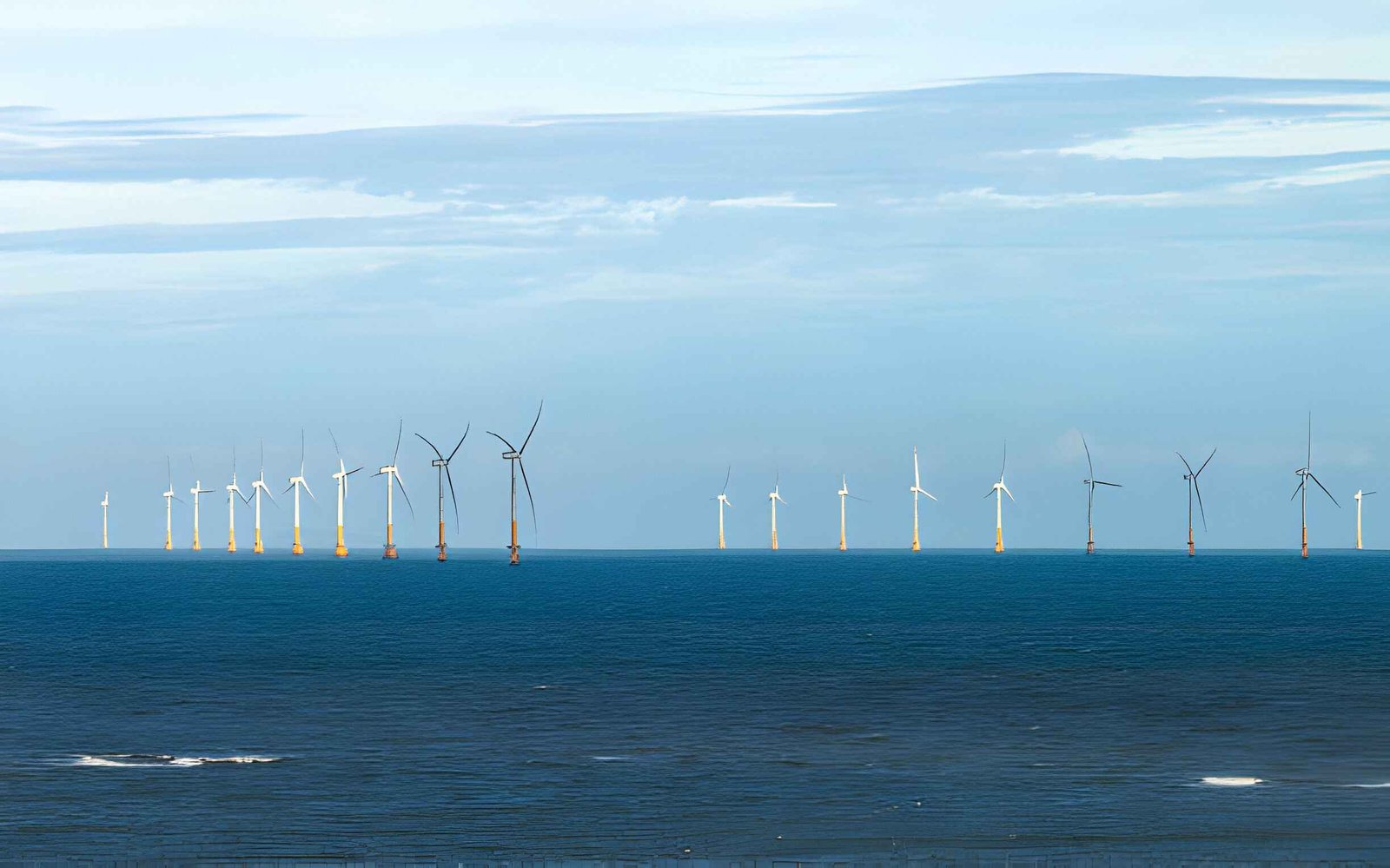In today’s hyper-connected world and speed is paramount when it comes to internet connectivity. Whether it’s streaming high-definition videos and engaging in online gaming and or conducting business operations and the need for faster internet speeds is ever-growing. Among the plethora of internet technologies available and there’s an ongoing quest to identify which one provides the fastest speeds. In this comprehensive guide, we delve into the fascinating realm of internet technologies to unravel the mystery & explore the options that offer blazing fast connectivity.
Understanding Internet Technologies:
Before we delve into which internet technology reigns supreme in terms of speed and let’s briefly understand the different types of internet technologies available:
Fiber Optic:
Fiber optic internet utilizes fiber-optic cables to transmit data through pulses of light. This technology offers incredibly fast speeds & low latency and making it ideal for bandwidth-intensive activities.
Cable Internet:
Cable internet operates through coaxial cables and primarily used by cable television providers. It delivers high-speed internet by sharing bandwidth with other users in the neighborhood.
Digital Subscriber Line:
DSL internet utilizes existing telephone lines to deliver internet connectivity. While it’s widely available, its speeds are typically slower compared to fiber optic and cable internet.
Satellite Internet:
Satellite internet relies on satellites in orbit to provide internet access. It’s often the only option for remote areas but tends to have slower speeds and higher latency compared to other technologies.
5G Wireless:
5G wireless technology promises ultra-fast internet speeds & low latency through wireless networks. It utilizes high frequency radio waves to transmit data, offering a viable alternative to traditional wired connections.
Determining the Fastest Internet Technology:
Now that we have a basic understanding of the various internet technologies and let’s explore which one provides the fastest speeds:
Fiber Optic Internet:
Fiber optic internet is renowned for its unparalleled speed and reliability. With symmetrical upload and download speeds reaching up to 10 Gigabits per second or even higher in some areas and it outpaces other technologies by a significant margin. This makes it ideal for demanding applications such as 4K/8K video streaming, online gaming, & large file transfers.
Cable Internet:
Cable internet can deliver impressive speeds and with download speeds typically ranging from 25 MPs to 1 Gaps, depending on the provider & infrastructure. However, upload speeds tend to be slower compared to fiber optic internet. While cable internet can offer fast speeds and the bandwidth is shared among users in the same neighborhood and leading to potential slowdowns during peak usage times.
DSL Internet:
DSL internet speeds vary depending on factors such as distance from the provider’s central office & the quality of the copper telephone lines. While DSL can offer decent speeds and it usually falls short compared to fiber optic and cable internet. Download speeds typically range from 1 MPs to 100 Maps, with upload speeds considerably slower.
Satellite Internet:
Satellite internet can provide relatively fast speeds and with download speeds ranging from 12 MPs to 100 MPs in some cases. However, it’s important to note that satellite internet often suffers from high latency due to the long distance data must travel between the satellite and the user’s dish, impacting real-time applications such as online gaming and video conferencing.
5G Wireless:
5G wireless technology holds the promise of delivering blazing-fast internet speeds, with theoretical download speeds reaching up to 10 Gaps or more. In real-world scenarios and 5G can provide download speeds ranging from 100 MPs to 1 Gaps, depending on factors such as network coverage & congestion. However, 5G’s performance can vary significantly depending on the user’s proximity to 5G towers and obstacles such as buildings & terrain.
Conclusion:
In the quest for Internet Technologies the fastest internet speeds and fiber optic technology emerges as the clear winner and offering unparalleled performance & reliability. With speeds reaching up to 10 Gaps or higher and fiber optic internet is the ideal choice for bandwidth-intensive activities & demanding applications. While other technologies such as cable internet & 5G wireless also offer fast speeds, they may not match the consistency and symmetrical performance of fiber optic connectivity. As technology continues to evolve and the pursuit of faster internet speeds remains a driving force, shaping the future of connectivity & digital innovation.





